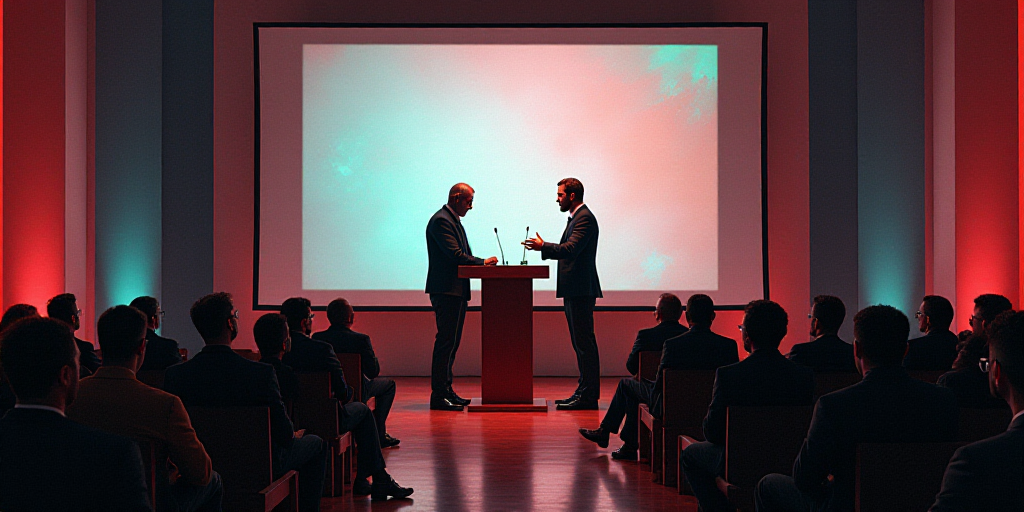International Congress in Querétaro: A Gathering of 300 Scientists from 27 Countries
In the International Year of Quantum Physics and Technology declared by UNESCO, over 300 scientists from 27 countries convened in Querétaro for the International Symposium on Frequency Control (IFCS). This dual congress, organized by the United States and the European Forum on Frequency and Time (EFTF), focused on atomic clocks, precise measurements, and quantum technologies.
Who are the key figures and why are they relevant?
Dr. Mauricio López, a physicist, mathematician, and organizer of the event, explains that these experts are global leaders in developing atomic clock technologies. These technologies will underpin human activities increasingly reliant on precise timekeeping.
Understanding Quantum Technologies and Their Importance
Quantum technologies are based on understanding the behavior of atoms, electrons, and other tiny systems through quantum mechanics or mechanical quantum theory. This field has seen significant advancements since the 100th anniversary of quantum mechanics, which revolutionized our understanding of the microscopic world.
Dr. López, also director of the Time and Frequency Metrology (DTyF) at the National Metrology Center (CENAM), emphasizes that quantum mechanics uses mathematics to describe the behavior of minute systems. The Schrödinger equation, a master equation in quantum mechanics, dictates how these tiny systems behave at the nanometer scale.
Why is precise time measurement crucial?
Time measurement has been vital to human civilization since its inception, aiding societal development and technological progress. Today, time is the most measured physical quantity, surpassing temperature, mass, and volume.
Atomic clocks not only tell time but also enable navigation on Earth and in space. By measuring the propagation times of electromagnetic signals, we can determine distances. As atomic clocks in space improve, our positional accuracy on Earth increases, which is essential for autonomous vehicles and efficient applications like Wase.
Future communication networks, such as 6G, will heavily rely on synchronization, necessitating more atomic clocks within communication networks.
Mexico’s Role as Host
Dr. López highlights the significance of such congresses for the international scientific community, as science thrives on collaboration and coordination.
The event brought together prominent scientists and technologists in quantum-applied measurement and related fields, fostering open discussions and idea exchange. This gathering in Querétaro, a burgeoning scientific and technological hub in Latin America, marked a historic moment.
Dr. López concludes that trust is crucial in science and economics, and the international community’s confidence in Mexico’s team has led to recognition as a valued member.
The Future of Quantum Technologies
Dr. López asserts that Mexico has dynamic and robust research groups in various states, with opportunities for growth among young scientists.
Emerging technologies like quantum computing and cryptography will significantly impact human life in the near future, creating a substantial job market for those interested in this field.
Key Questions and Answers
- What is the significance of the International Year of Quantum Physics and Technology? Declared by UNESCO, this year highlights advancements in quantum physics and technology, fostering global collaboration and discussions.
- Who participated in the Querétaro congress? Over 300 scientists from 27 countries attended the International Symposium on Frequency Control (IFCS) in Querétaro.
- Why are quantum technologies important? Quantum technologies, based on quantum mechanics, offer innovative solutions for protecting sensitive data and will significantly impact human life in the near future.
- What role did Mexico play as host? Mexico provided a platform for international scientific collaboration, fostering trust and recognition in the global community.
- What emerging technologies should we expect? Quantum computing and cryptography are poised to revolutionize various sectors, creating a substantial job market.






